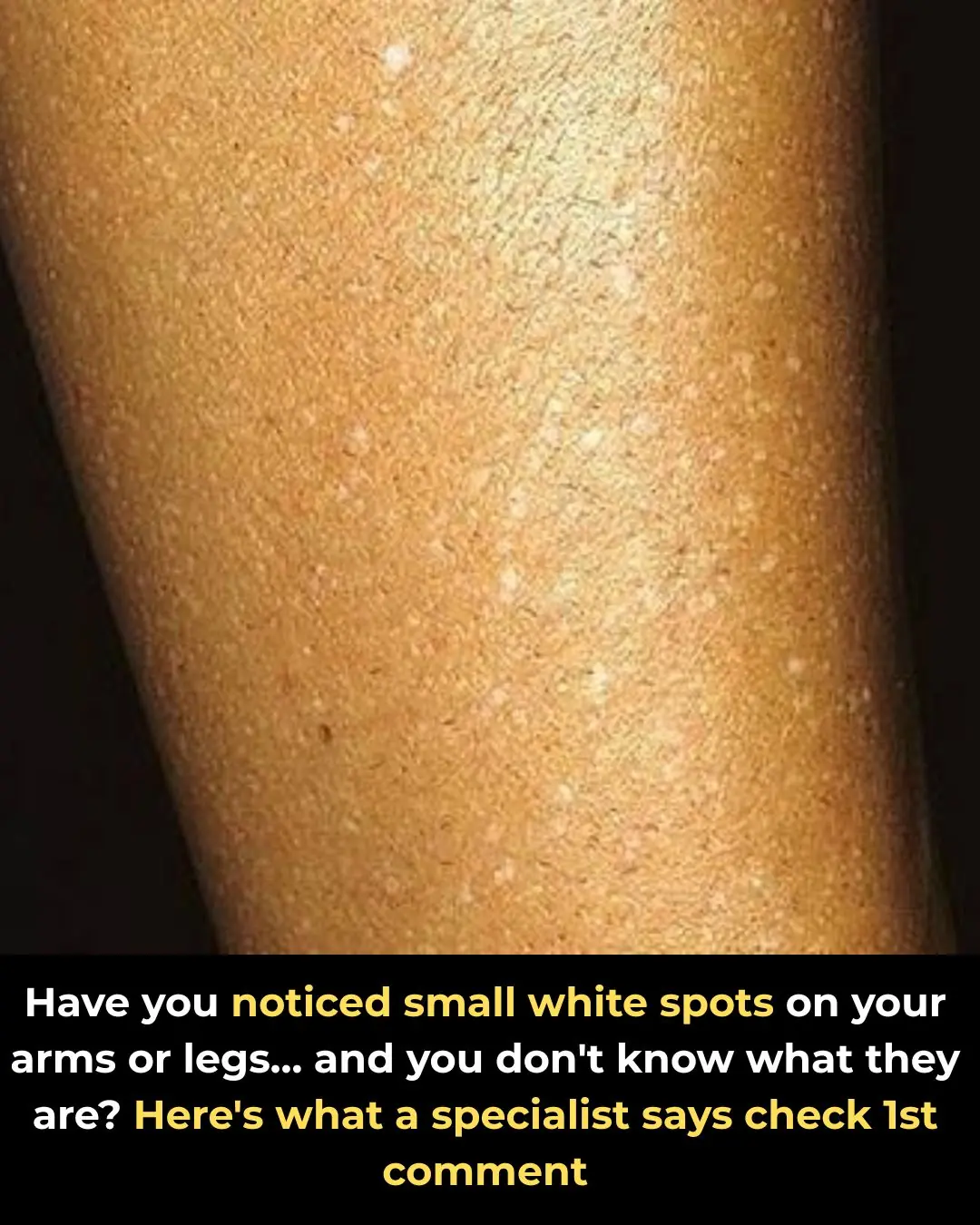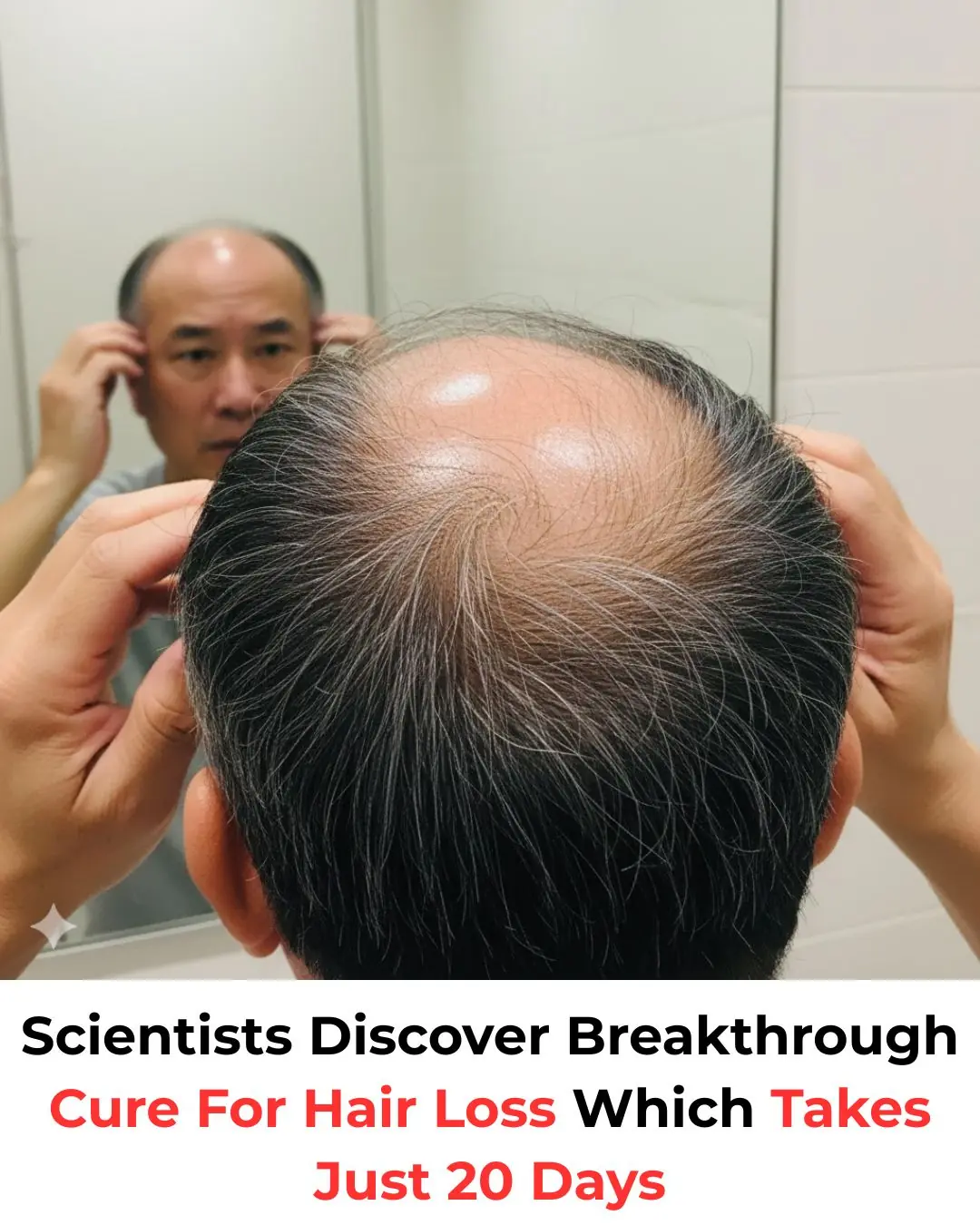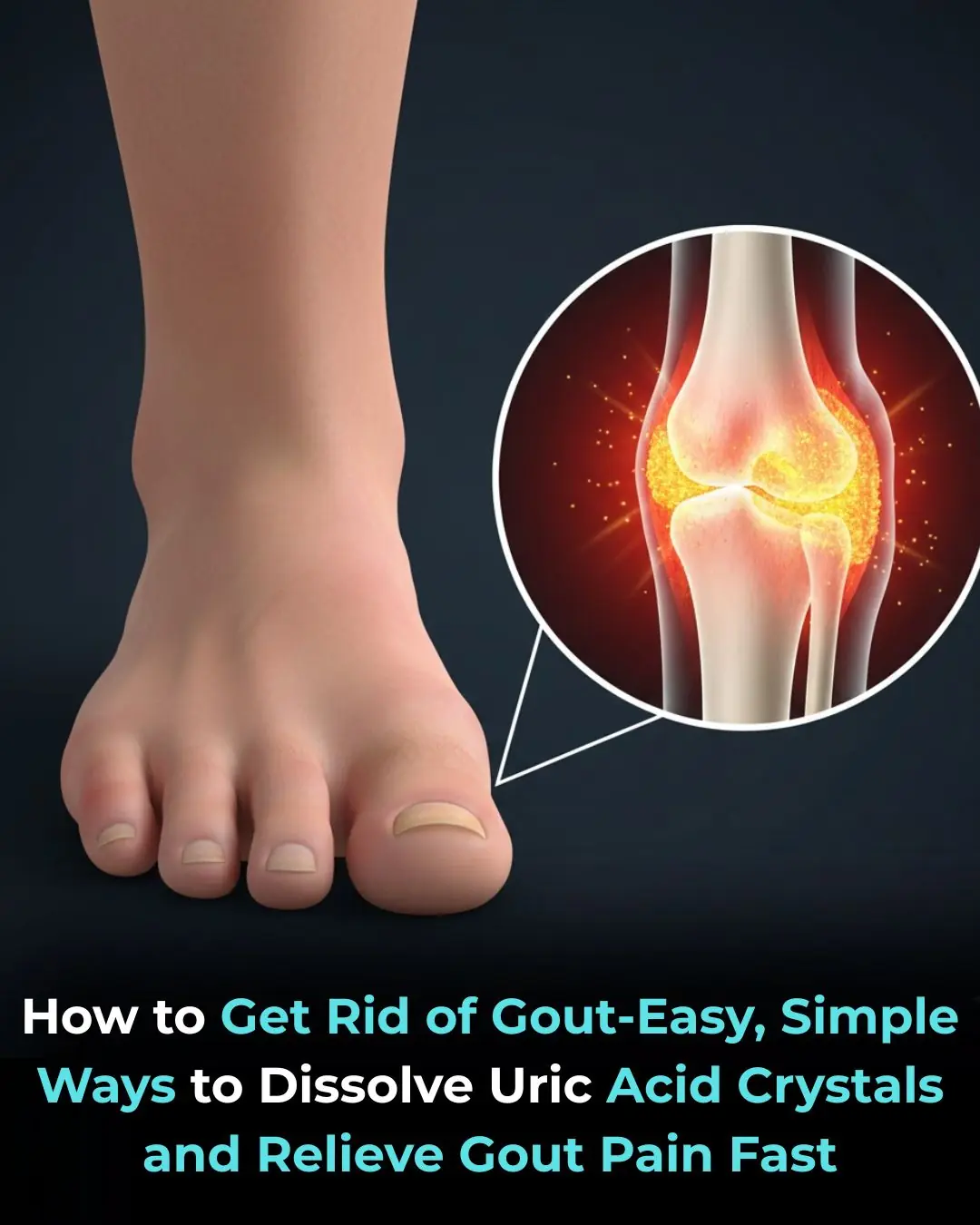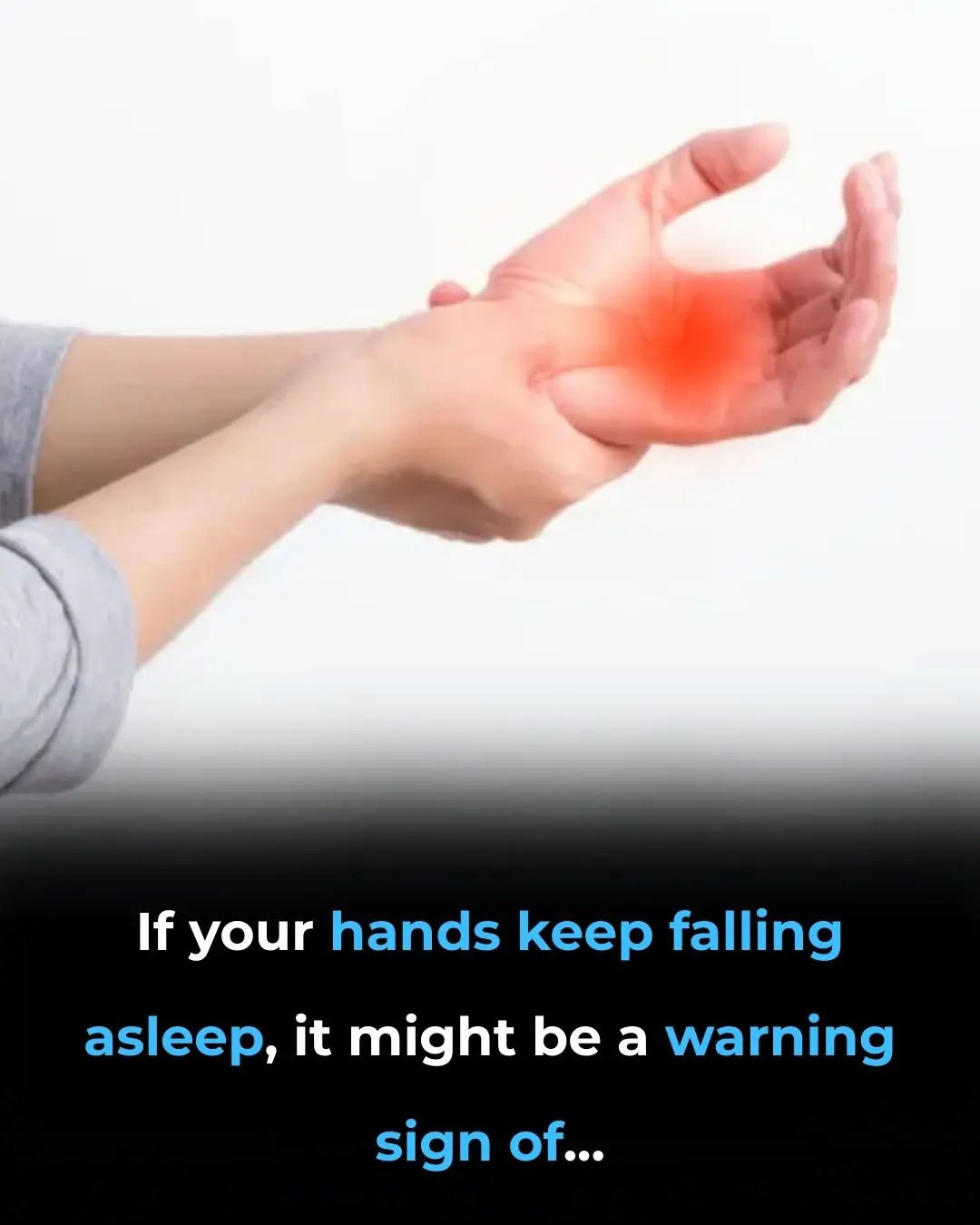
Stem Cell Therapy for Type 1 Diabetes Shows Promise in Human Clinical Trials
Scientists have recently taken a groundbreaking step in the treatment of Type 1 diabetes by officially advancing stem cell therapy into human clinical trials. This development brings us closer than ever to a potential "functional cure" for this chronic condition, which affects millions worldwide. These trials represent a critical milestone in the ongoing pursuit of treatments that could drastically reduce, if not eliminate, the need for insulin injections and pumps for those living with Type 1 diabetes.
How Stem Cell Therapy Works:
Type 1 diabetes is an autoimmune disorder in which the body's immune system mistakenly attacks and destroys the insulin-producing beta cells in the pancreas. As a result, individuals with Type 1 diabetes are unable to produce their own insulin, relying on external sources to manage their blood sugar levels. Stem cell therapies aim to address this issue by generating new insulin-producing cells from lab-grown stem cells. The process involves turning these stem cells into functional islet cells, which are then transplanted into patients.
The most notable of these therapies is Vertex's VX-880 (also known as zimislecel). Early results from clinical trials have shown promising outcomes, with many participants experiencing improved blood sugar control, significant reductions in insulin use, and, in some cases, a return to a more normalized glucose metabolism. These advancements mark a significant breakthrough, especially for individuals who have struggled with the daily challenges of insulin management.
Challenges and Risks:
However, this is not yet a definitive cure. While stem cell-derived islet therapies show great promise, there are still obstacles to overcome. One major challenge is the need for immune-suppressing drugs to prevent the body from rejecting the transplanted cells. These drugs come with potential risks, such as increased susceptibility to infections and other complications. Researchers are currently exploring safer methods of encapsulating the islet cells or using gene-editing technologies, such as CRISPR, to protect them without the need for lifelong immunosuppression.
Additionally, the current clinical trials involve small, carefully selected groups of adult patients, meaning that long-term safety, the durability of the therapy, and its applicability for children and newly diagnosed patients are still being studied. This is a critical area of research, as Type 1 diabetes often begins in childhood and can have lifelong effects.
What This Means for Patients:
For individuals living with Type 1 diabetes, it is essential to approach this promising development with caution. While these trials hold great potential, they are not yet a finished solution, and patients should not stop using insulin or seek unregulated "stem cell cures" outside of approved clinical settings. Legitimate stem cell treatments for Type 1 diabetes are only available through accredited clinical trials conducted at major hospitals and research centers.
Patients interested in participating in these trials should consult with their endocrinologists or check trusted clinical trial registries, such as ClinicalTrials.gov, to find legitimate studies near them. Nonprofit organizations and diabetes advocacy groups can also provide information about ongoing trials and patient recruitment.
A New Era of Diabetes Treatment:
Despite these challenges, the advancements in stem cell science for Type 1 diabetes are groundbreaking. We may still be at the beginning of this journey, but the potential for true biological insulin restoration is now closer than ever before. This innovation could revolutionize the way we think about managing Type 1 diabetes and, perhaps one day, offer a sustainable alternative to lifelong insulin dependence. For millions of people worldwide, this research represents a beacon of hope for a future where Type 1 diabetes may no longer be a burden, but a condition that can be managed biologically, with minimal intervention.
As researchers continue their work, the coming years may bring even more exciting developments in the field of diabetes treatment. It's an exciting time for those affected by this condition, as stem cell therapy may soon become a viable solution in the battle against Type 1 diabetes.
News in the same category


Meet Jonathan: The 192-Year-Old Tortoise Who Has Witnessed History and Continues to Inspire

Retired Couple in UK Successfully Nurtures 90-Million-Year-Old Wollemi Pine, Leading to Its First Reproduction Outside Australia

Have you noticed small white spots on your arms or legs… and you don't know what they are?

How Guyana Became the Only Nation Fully Self-Sufficient in All Seven Major Food Groups

Donald Trump's new scarf leaves everyone saying the same thing

Scientists May Have Just Found a Breakthrough Hair-Loss Treatment

Panama's Marine Collapse: The End of a Key Ocean Upwelling System and What It Means for the Future

Genetic Evidence Links Icelanders to Native Americans, Suggesting Viking Contact with the Americas

Vietnam Approves Russian-Made Cancer Immunotherapy ‘Pembroria’ for Multiple Cancer Types

Hayli Gubbi Volcano Erupts in Ethiopia for First Time in 12,000 Years

Mia Khalifa at Oxford: A Controversial Talk on Redemption, Reinvention, and Second Chances

Breaking Bob: How a 75-Year-Old Turned a Five-Minute Smoke Break into a Viral NYC Spectacle

The Night Google.com Was Accidentally Sold for $12: A Story of Integrity and Goodwill

After 12 Millennia of Silence, Ethiopia’s Hayli Gubbi Volcano Erupts Dramatically

When a Woman Bites Her Lip While Staring at You, It Means She Is ...

How Europe Says "Street": A Multilingual Journey Through Language and Culture

A New Dawn for Chronic Kidney Disease Treatment: From Management to Possible Remission

A Butterfly, A Flute, and Unshakable Composure: The Legendary Performance of Yukie Ota
News Post

3 flowers that make snakes tremble with fear — beautiful and safe to plant around your home

The Medicinal Powers of Turmeric That Doctors Rarely Mention

The Best Natural Gout Treatments: Remove Uric Acid Crystallization To Prevent Gout And Joint Pain

How to Tell If You Have Intestinal Parasites and What to Do About That

People Who Eat 3 Eggs Every Day Are Noticing This Crazy Difference

Why Your Hands or Arms Fall Asleep at Night and What To Do

Meet Jonathan: The 192-Year-Old Tortoise Who Has Witnessed History and Continues to Inspire

Retired Couple in UK Successfully Nurtures 90-Million-Year-Old Wollemi Pine, Leading to Its First Reproduction Outside Australia

Have you noticed small white spots on your arms or legs… and you don't know what they are?

How Guyana Became the Only Nation Fully Self-Sufficient in All Seven Major Food Groups

Donald Trump's new scarf leaves everyone saying the same thing

Scientists May Have Just Found a Breakthrough Hair-Loss Treatment

Panama's Marine Collapse: The End of a Key Ocean Upwelling System and What It Means for the Future

Genetic Evidence Links Icelanders to Native Americans, Suggesting Viking Contact with the Americas

Vietnam Approves Russian-Made Cancer Immunotherapy ‘Pembroria’ for Multiple Cancer Types

The Kid Who Was Surprised By Dad With Birthday Bat In Viral Video Hits Home Run With Bat And Dad Catches It

Delaware Post Office Renamed In Honor of Mary Ann Shadd Cary, First Black Woman Publisher

Hayli Gubbi Volcano Erupts in Ethiopia for First Time in 12,000 Years
